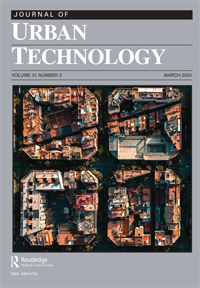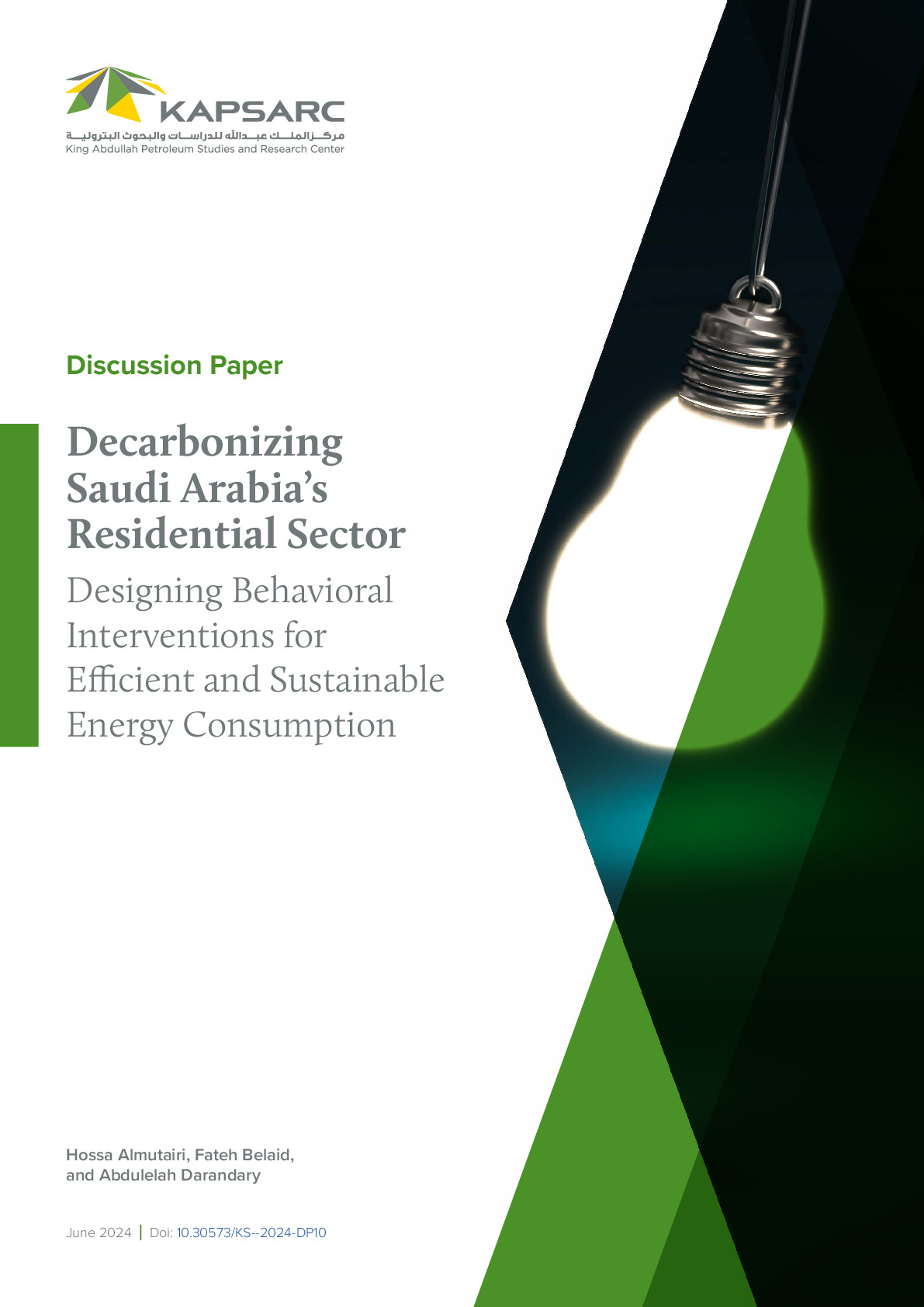Global warming is a fact (IPCC, 2018), and the question is no longer whether sharply rising CO2 emissions accelerate global warming but rather to assess the consequences of human activities and identify solutions to this phenomenon before irreversibly disrupting all of our planet’s ecosystems. In this context, international climate action is more than necessary. By signing the Paris Agreement on Climate Change in 2015, most countries have committed to keeping the average global temperature increase “well below” 2°C above pre-industrial levels and “to continue action to limit the rise to 1.5°C”. Within this framework, the European Union has pledged to reduce its greenhouse gas emissions by at least 40% compared to 1990 levels by 2030. More recently, the European Commission presented a long-term strategy for the EU to achieve a climate-neutral economy by 2050 (European Commission, 2018). Furthermore, the action plan for a circular economy developed by the European Commission (European Commission, 2019) clearly illustrates the new public policy directions aimed at accelerating the decoupling of EU Member States (Crane et al., 2011; European Commission, 2014).




